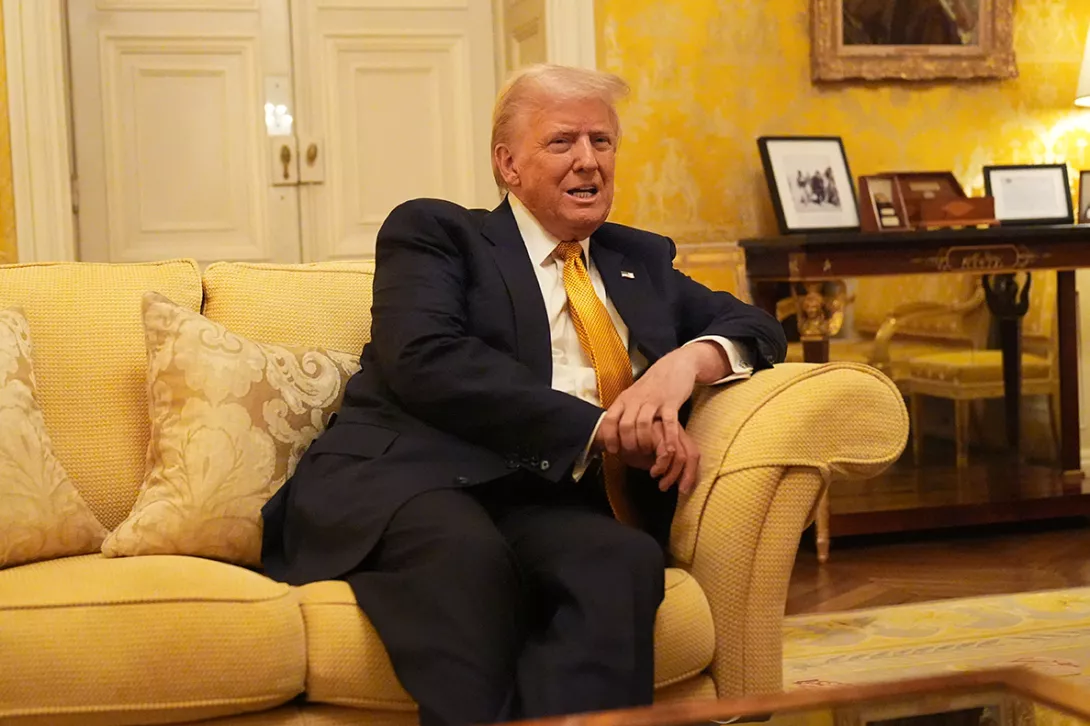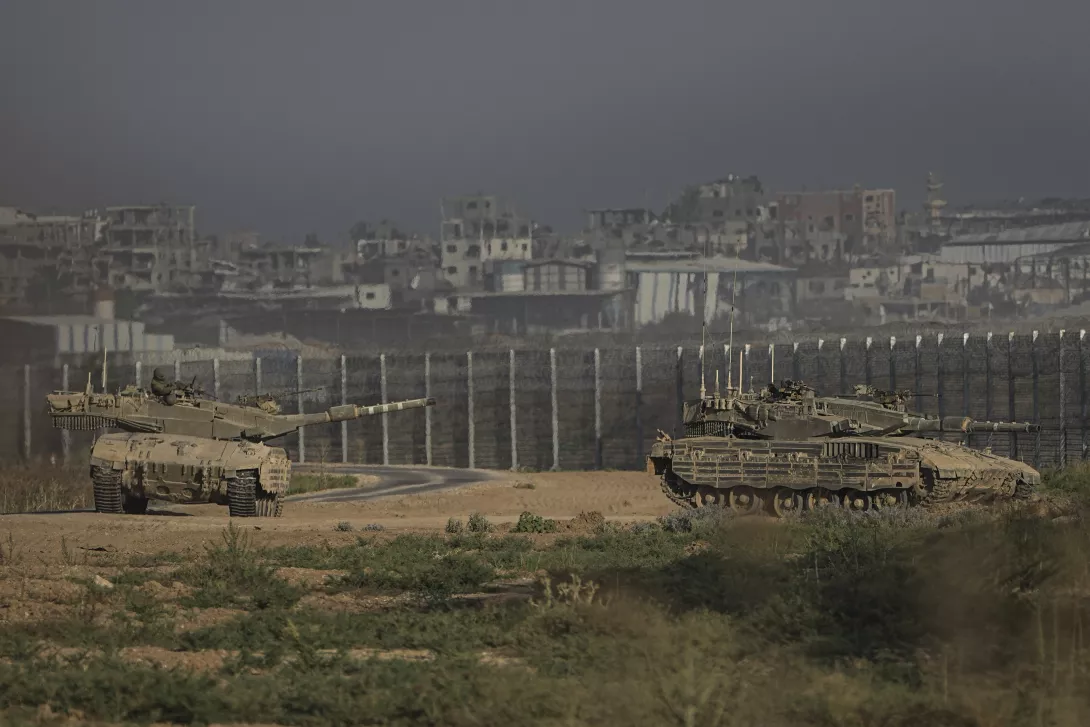A new window on the world?
KENNY COYLE takes a look at David Lammy’s emerging foreign policy, dubbed ‘progressive realism,’ which supposedly draws inspiration from Ernest Bevin and Robin Cook
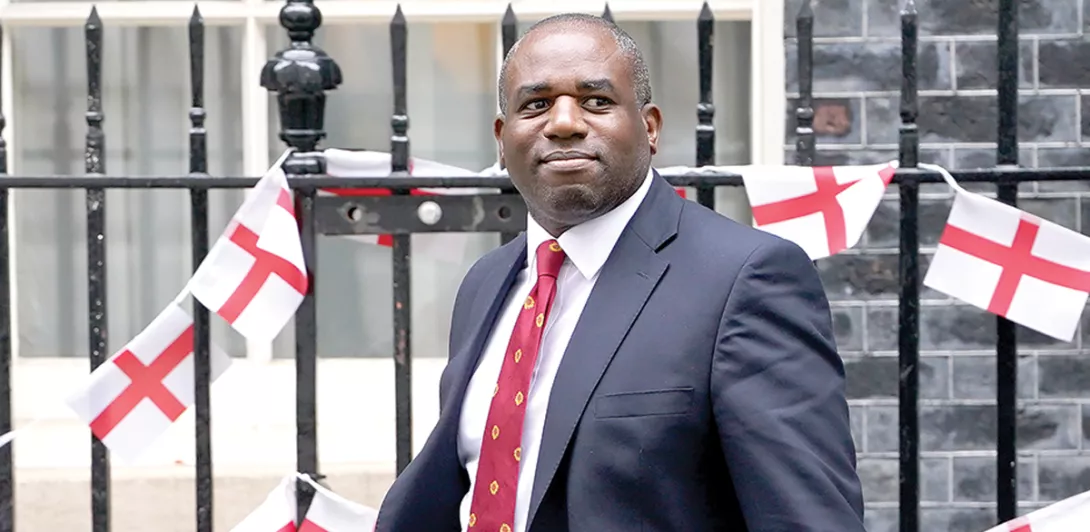
THE guiding philosophy of Sir Keir Starmer’s foreign policy has been described by Foreign Secretary David Lammy as “a clear-eyed approach to international relations: progressive realism.”
In a series of speeches, interviews, articles and pamphlets over the past year or so, Lammy has elaborated this apparently innovative outlook in British foreign policy.
The most substantial of these were an article for the influential US journal Foreign Affairs in May, The Case for Progressive Realism, Why Britain Must Chart a New Global Course later republished in The Guardian, and a 2023 pamphlet for the Fabian Society, Britain Reconnected A Foreign Policy for Security and Prosperity at Home.
More from this author

ROS SITWELL reports from a conference held in light of the closure of the Gender Identity and Development Service for children and young people, which explored what went wrong at the service and the evidence base for care

ROS SITWELL reports from the three-day FiLiA conference in Glasgow

ROS SITWELL reports on a communist-initiated event aimed at building unity amid a revived women’s movement

London conference hears women speak out on the consequences of self-ID in sport
Similar stories
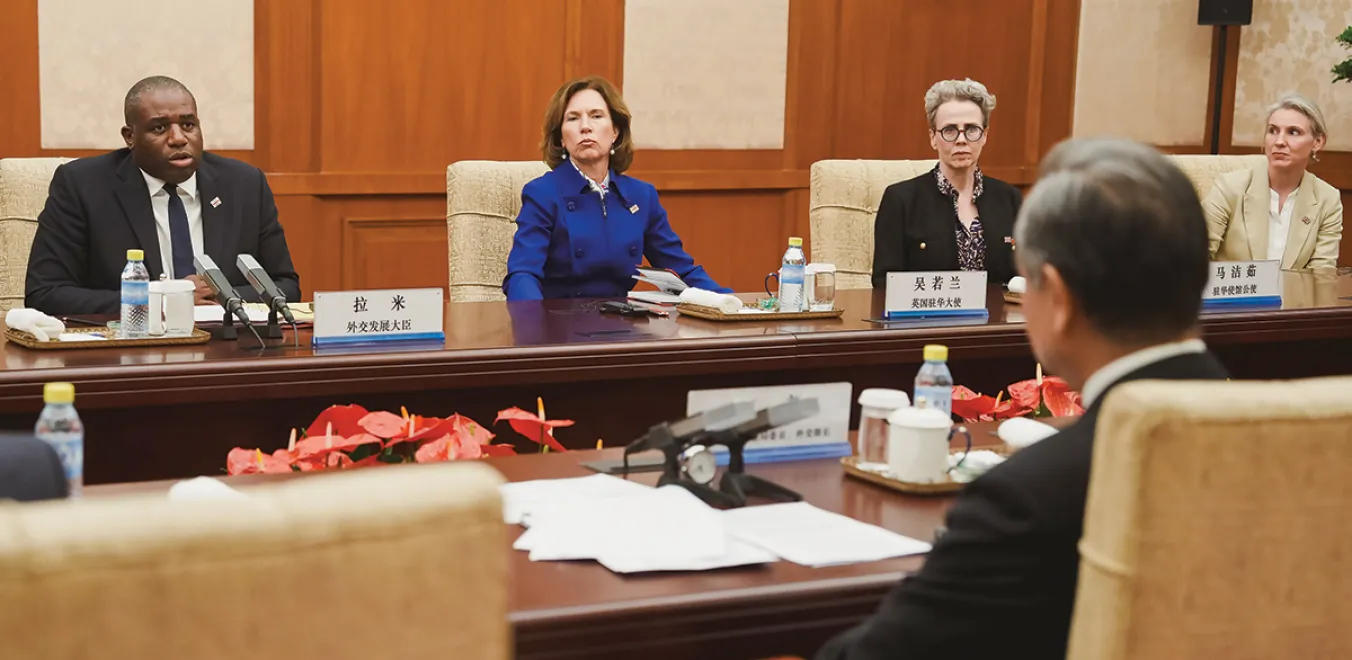
Two recent high-level meetings between British and Chinese leaders have sparked controversy in the capitalist media but for all the wrong reasons, writes KENNY COYLE
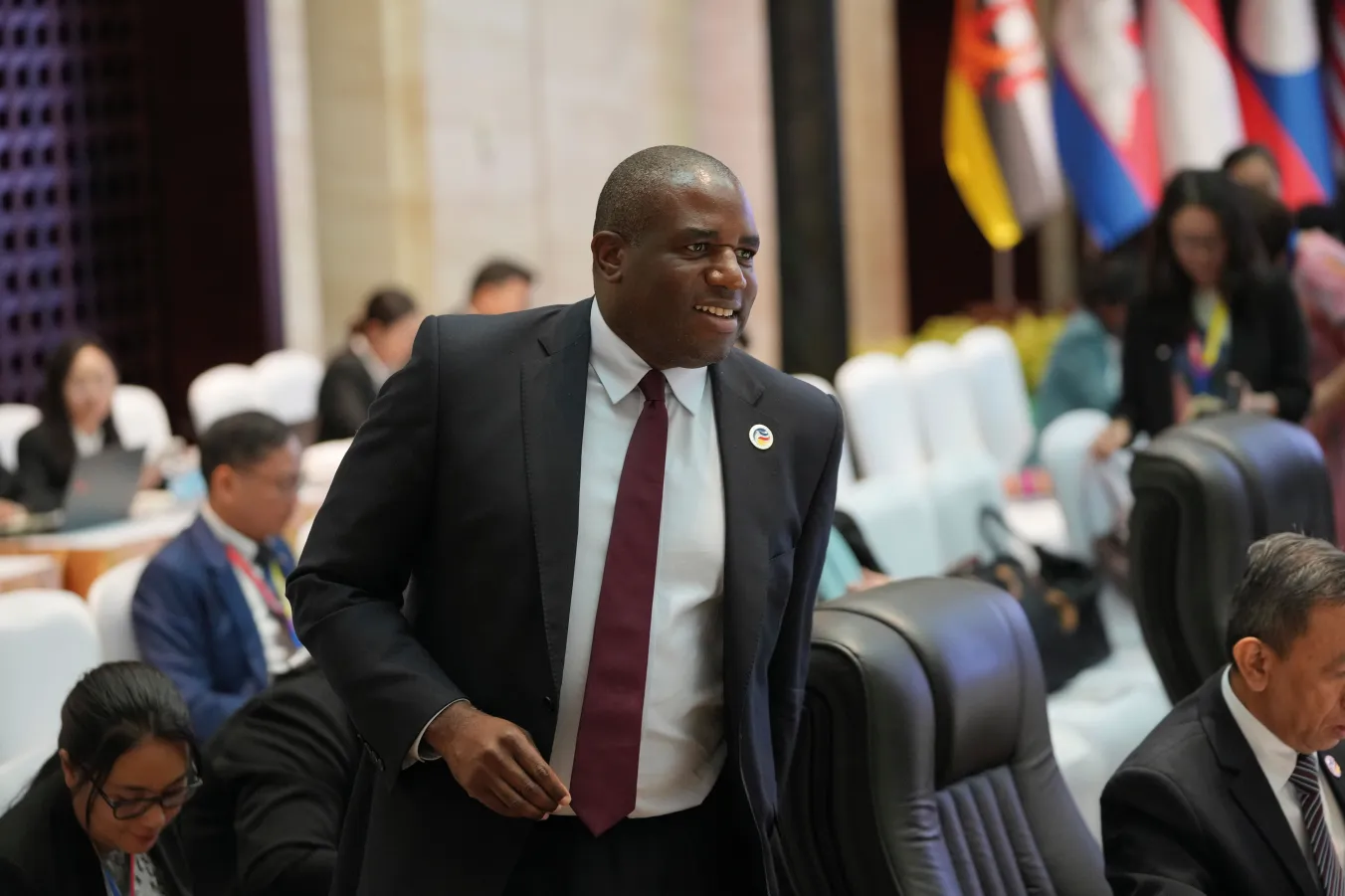
In the final part of his series on Labour’s possible foreign policy in government, KENNY COYLE warns that the party’s so-called ‘progressive realism’ could see increasing aggression towards China, with added uncertainty over a potential second Trump presidency

In the second of his three-part series on how the new Labour government’s foreign policy is likely to shape up, KENNY COYLE examines David Lammy’s writings on Asia and the Indo-Pacific region – where the risk of military flashpoints is high


